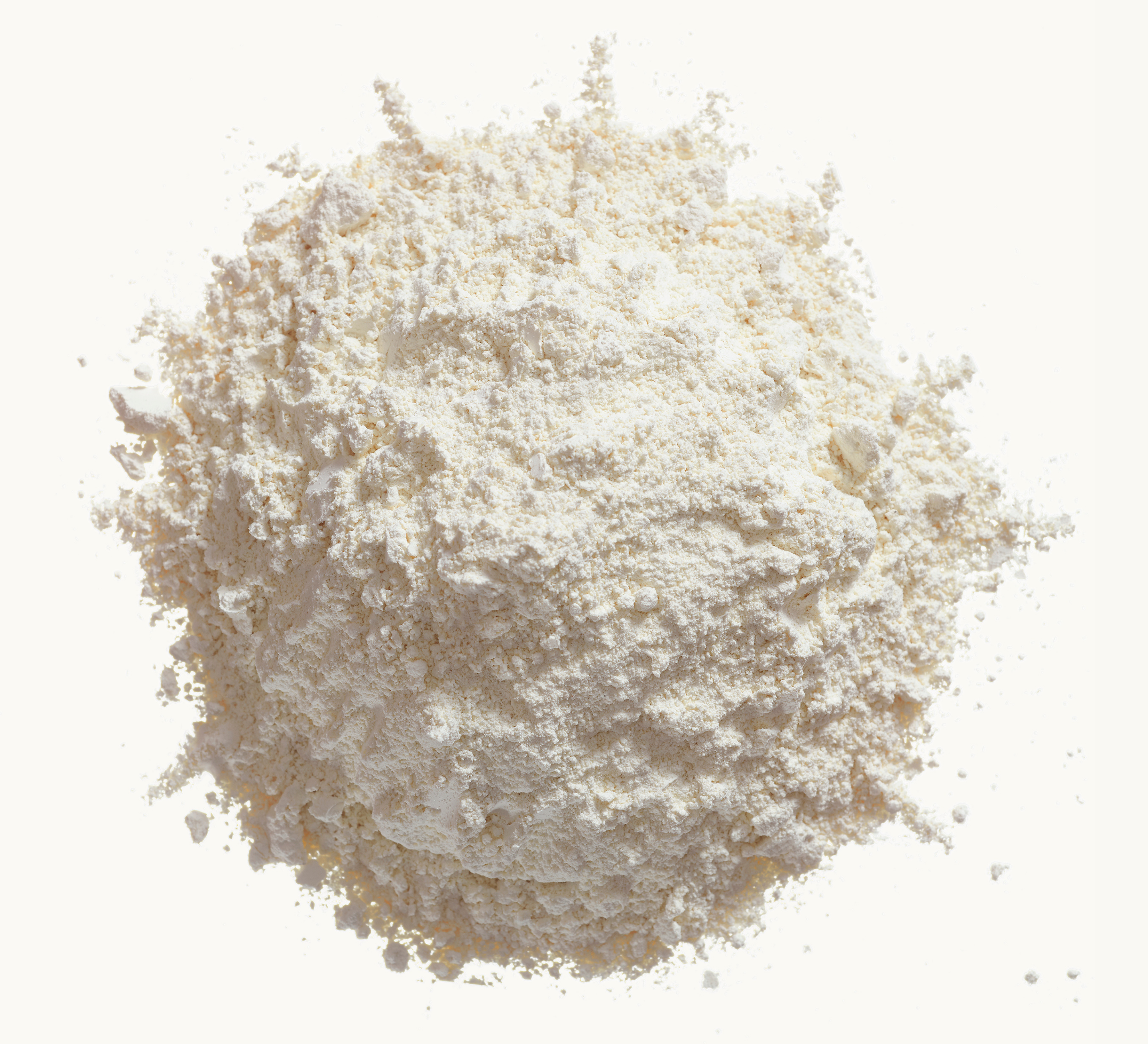Psoriasis is a chronic inflammatory skin disease that can trigger a range of complications far beyond the symptoms visible on the skin.
The red plaques typical of psoriasis are more than just a cosmetic concern; they can lead to joint, cardiovascular, metabolic, and even psychological problems.
If proper treatment is not administered, these problems can significantly affect the patient's quality of life and overall health.
The impact of psoriatic arthritis
Psoriatic arthritis is a common form of rheumatism associated with psoriasis, affecting approximately 30% of patients.
This joint inflammation can cause pain, stiffness, swelling, and reduced mobility, often affecting the hands, feet, and spine. If left untreated, psoriatic arthritis can lead to irreversible joint damage, deformity, and potentially disability, seriously impairing quality of life.
Treatment, often with corticosteroids and other anti-inflammatory medications, is crucial for controlling inflammation and preventing long-term damage. Early treatment by a rheumatologist is recommended at the first sign of symptoms to optimize treatment outcomes.
When psoriasis opens the door to infections
The compromised skin barrier caused by psoriasis makes the skin more vulnerable to infections.
Scales on psoriatic plaques, particularly those on the scalp , can facilitate the entry of bacteria, fungi, and viruses. These cases of infections can be frequent, severe, and difficult to treat, requiring rigorous treatment and close medical supervision for effective management.
The doctor may prescribe antibiotics or antifungals depending on the cause of the infection, and advice on good skin hygiene is also essential to reduce the risk of infection.
Eye complications of psoriasis
Psoriasis can affect the eyes, leading to complications such as conjunctivitis, uveitis, dry eye, scleritis, or iritis. These conditions can seriously compromise vision if not treated promptly. Prompt ophthalmic treatment is essential to maintain eye health and avoid more serious complications.
Patients should be vigilant for ocular symptoms and consult an ophthalmologist at the first sign. Appropriate management, often including corticosteroids and immunomodulators, is crucial to control inflammation and protect vision.
Psoriasis: a risk factor for metabolic syndrome?
Scientific research has established that psoriasis is a risk factor for metabolic syndrome, a group of conditions that increase the risk of cardiovascular disease. These conditions include obesity, hypertension, high blood sugar, and high lipid levels.
Early and effective treatment of psoriasis is vital to reduce these heart health risks. Doctors often recommend regular monitoring of metabolic indicators and comprehensive management that includes lifestyle changes, in addition to medication treatment for psoriasis.
Psoriasis and its psychological repercussions
Psoriasis can have a significant impact on mental health, causing stress, anxiety, depression and lower self-esteem due to the visibility of skin lesions.
Comprehensive treatment for the disease therefore includes psychological support to help patients manage these emotional aspects. Doctors and therapists may collaborate to offer interventions such as cognitive behavioral therapy, support groups, and sometimes medication to help improve the patient's psychological well-being.
FAQ: Possible complications of psoriasis
How to limit the complications of psoriasis?
To reduce psoriasis-related complications, it's crucial to strictly follow the treatment prescribed by a specialist. Maintaining a healthy lifestyle, avoiding known triggers, and regularly monitoring your overall health can also help minimize risks.
Keratoreductive treatments can help reduce symptoms caused by the disease. Other psoriasis creams are needed to reduce your scales and moisturize your skin.
Why is it essential to learn about psoriasis?
Learning about psoriasis helps you understand the disease, its forms, and treatments, and better manage its symptoms. This promotes a better quality of life, prevents complications, and facilitates communication with healthcare professionals.































